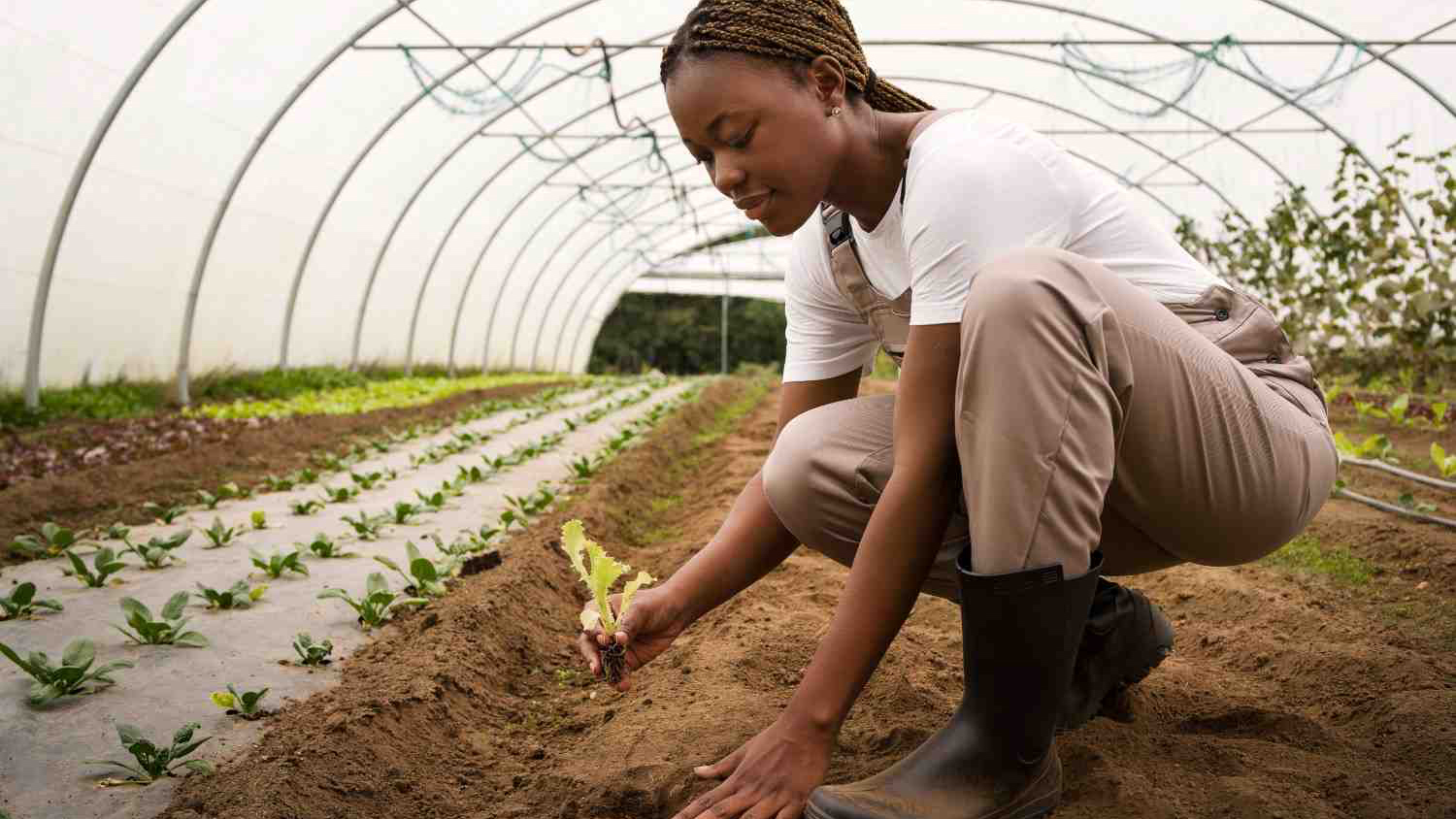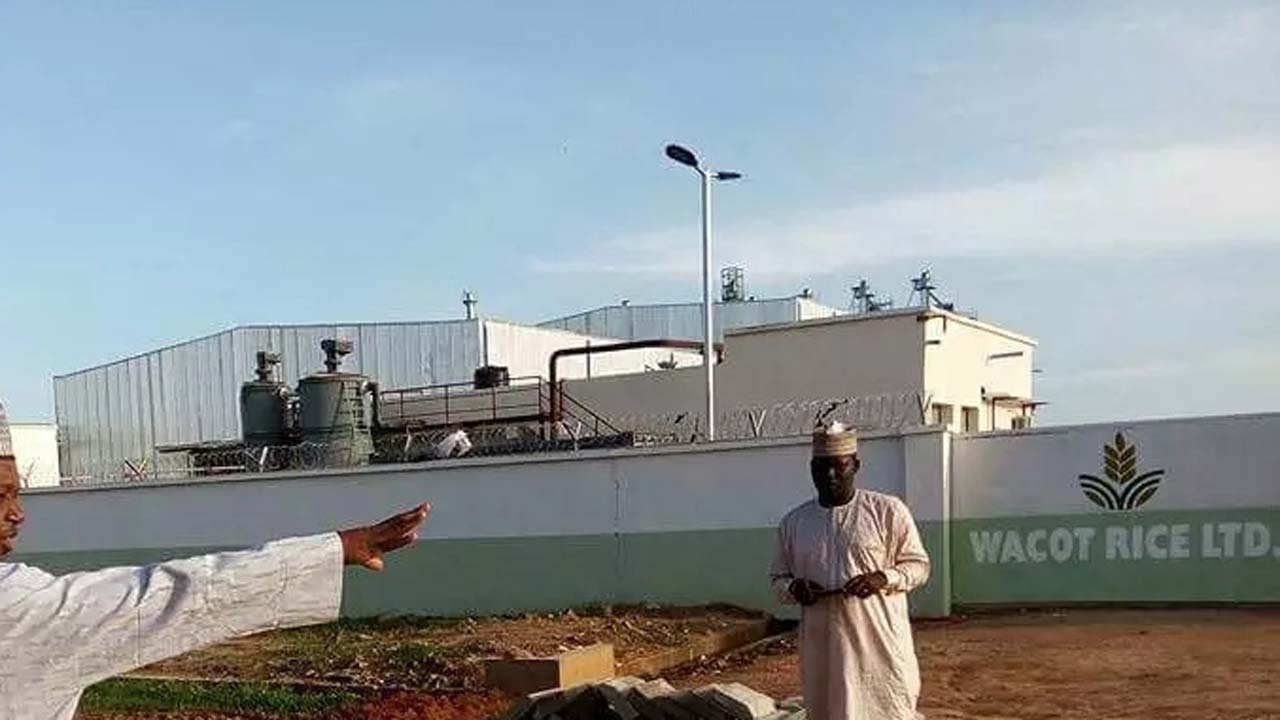Farmers, processors and agro-allied researchers have called on the Federal Government to keep the land borders closed for no fewer than 10 years and ignore local and international pressures to re-open them.They urged the government to keep them closed for another 10 years to stabilise food production, value chain development and maximize the benefits thereof.
The elongation, they argue, would enable Nigerian farmers and processors to get prepared for foreign competition in terms of affordability, quality and quantity of locally produced foods, apart from the multiplier effects on the economy. A major poultry investor, Mr John Olateru, who is a former chairman of the Poultry Association of Nigeria (PAN) in Oyo State, advocated a 10-year period of closing the borders. He said, “We are gradually moving the economy in the right direction. You may not believe it. There is gradual improvement in the employment situation in the country. The changes may not be obvious now because of high level of unemployment in the country.
“We need more time for us to stabilise for proper repositioning before we can say that we are ready for competition from outside.”General Manager of Tuns Farm, a chicken processor in Osogbo, Osun State, Mr Taofeek Badmus, said elongating the period of closure is desirable, because it would stimulate the economy, saying, “the move, from the word go, has been a laudable idea, but the problem is that the government didn’t give the farmers advance notice so as to prepare adequately. hence the hike in prices.”
A lecturer and rice processor based in Ibadan, Dr Nike Olagunju, said “Yes, stability is not spontaneous. It’s a gradual process. Who ever knew that we could get to this point of Nigerians doing without the imported rice? Who could think that some of those countries like Vietnam could send a delegation down to Nigeria, indicating openly the impact of our refusal to patronise them on their economy?”She argued that China, Singapore and Rwanda, among other countries, closed their borders for longer years, but today, they have found their feet, and a large number of them are stable economies today. “No pain, no gain,” she advised.
Dr Olapeju Phorbee, Chief Executive Officer (CEO) of Food Agriculture Nutrition Network (FANN), while speaking with The Guardian, said selfish as the call might sound, boarder closure for that long would help Nigerians to sit up, value and patronise local products. She said, “One problem I see with Nigerian food systems is that we consume what we don’t produce (wheat, parboiled rice, etc), while we produce what we don’t eat. [This is a] Big shame to the food system.”
Dr Phorbee said with an elongated boarder closure, Nigerians would have no choice but to eat our ofada rice, locally produced chickens and other food products which would help the country to develop the agricultural sector better.
“I feel boarder closure is good for Nigeria, although it could cause a temporary discomfort and shift from our comfort zone,” she added.
Managing Director of Agrecourse Nigeria, an agro-allied crowdfunding platform, Mr Ayoola Oluga, said extended closure is very essential for agricultural business stability and self-sufficiency, saying, “I’ am in support 100 per cent. In the last few months of closing the borders, farmers have thrived more than in the past.”An agro-allied exporter, Mr John-Bede Anthonio, said, “It may be a way out for an incompetent government, though there are better solutions.”
Also, a member of the Lagos State chapter of the Poultry Association of Nigeria (PAN), Mr Ashiru Shittu, advised that the Federal Government should extend the period to a minimum of five years.Mr Shittu, who made the call in an interview with the News Agency of Nigeria (NAN) in Lagos, said Nigerian farmers had everything to gain from the closure and that the Nigerian economy would be better for the action.He argued that the closure had resulted in a marginal increase in food production locally, especially rice and poultry.
The Federal Government shut affected borders in August 2019 and extended it in November till January 31, 2020. Dr Olabisi Awoniyi, Head of Agriculture Section, Lower Niger River Basin Authority, Ilorin, Kwara Srate, however, said, “Extension of border closure for another five years may be inappropriate. Although opening it now is disastrous.”He admitted that “if the borders are opened now, trailer-loads of rice loitering in Benin Republic and other neighbouring countries would flood Nigeria and might spell doom for our local production coming up.”






